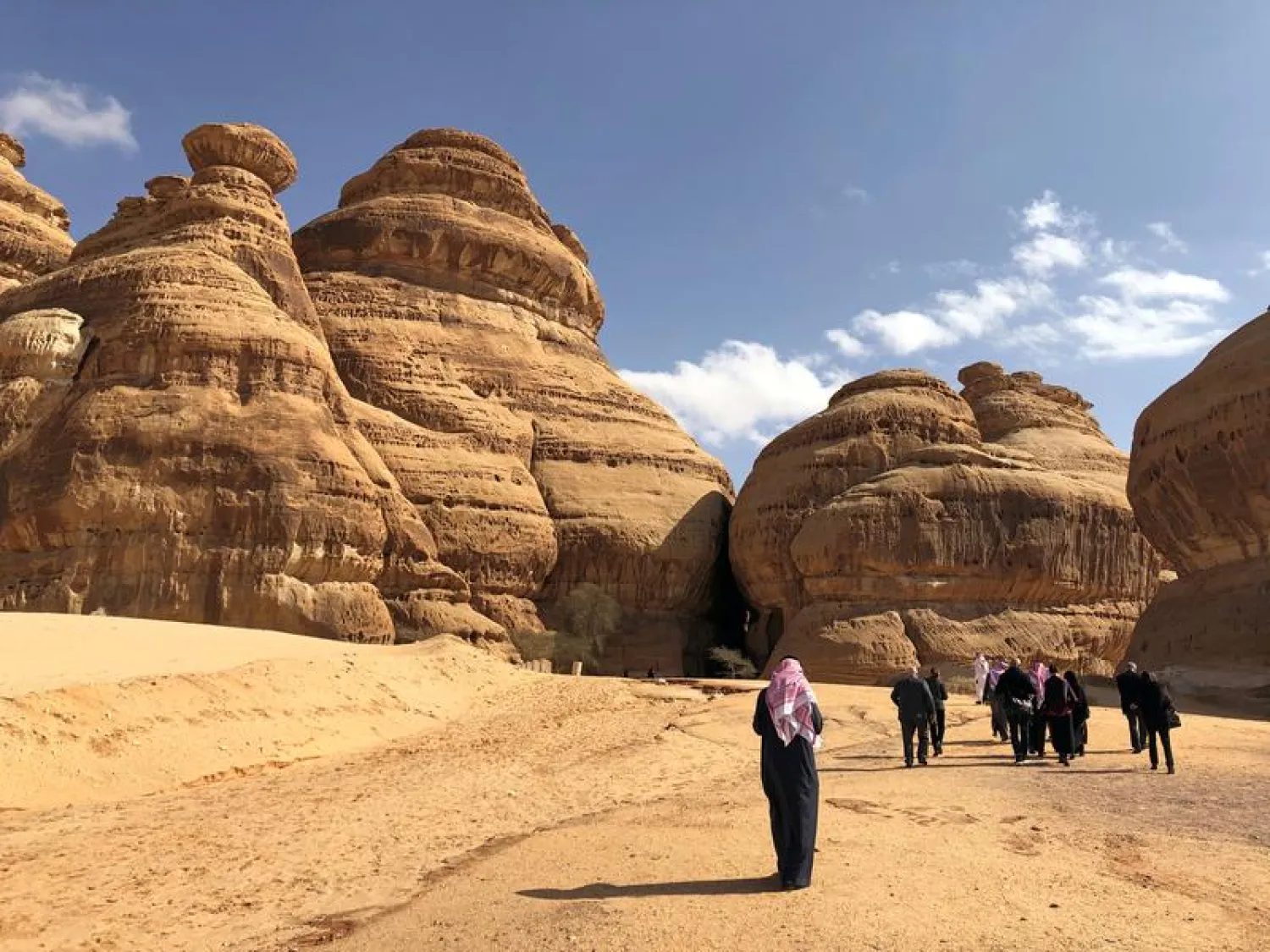Saudi Arabia called on donor countries to participate in financing the first international fund dedicated to supporting the tourism sector. The Kingdom stressed that the Covid-19 pandemic had highlighted the importance of the sector as a key driver in advancing growth and recovery.
In a speech at the Spring Meetings of the International Monetary Fund and the World Bank Group, Saudi Minister of Tourism Ahmed Al-Khatib said that the Saudi government’s pledge to provide $100 million to establish the Tourism Support Fund, in cooperation with the World Bank, would contribute to help communities affected by the Covid-19 pandemic to overcome the devastating impact of the crisis.
The minister added that international cooperation was crucial to achieve the desired economic growth, calling on donor countries and the private sector to contribute to building the trust fund.
Al-Khatib also touched on the successful Saudi experience in terms of accelerating the revival of the tourism sector and attracting tourists from inside and outside the Kingdom, in addition to the targeted initiatives that seek to promote the future of sustainable tourism.
The Spring Meetings of the World Bank Group were attended by ministers, government officials, and civil society representatives, who discussed the means to build a greener and more inclusive future for disadvantaged communities in the tourism sector, as well as the impact of global crises such as the pandemic and climate change on societies.
In 2020, the World Tourism Organization (WTO) and the G20 Tourism Working Group launched the AlUla Framework for Inclusive Community Development. The move was followed by the 2020 G20 Summit Leaders’ Declaration in Riyadh, to establish a sustainable and inclusive tourism program.
In 2021, the Kingdom contributed to the launch of the World Center for Sustainable Tourism, a multilateral alliance that aims to reduce the tourism sector’s contribution to carbon emissions around the world, as the sector accounts for 8 percent of emissions.
Moreover, Saudi Arabia signed in May 2021 a memorandum of understanding with the World Bank and the WTO to activate the Tourism Community Initiative, which aims to promote sustainable tourism, inclusive growth, provide job opportunities, and preserve natural heritage in developing countries.
The Kingdom is working to enhance its tourism environment and contribute to achieving the goals of the National Tourism Development Strategy, which aims by 2030 to receive 100 million visits annually from inside and outside the Kingdom, and to increase the sector’s contribution to the gross domestic product to 10 percent while creating one million new job opportunities.
The 2022 Spring Meetings of the International Monetary Fund (IMF) and the World Bank Group (WBG) kicked off on Monday and will conclude on April 24.









